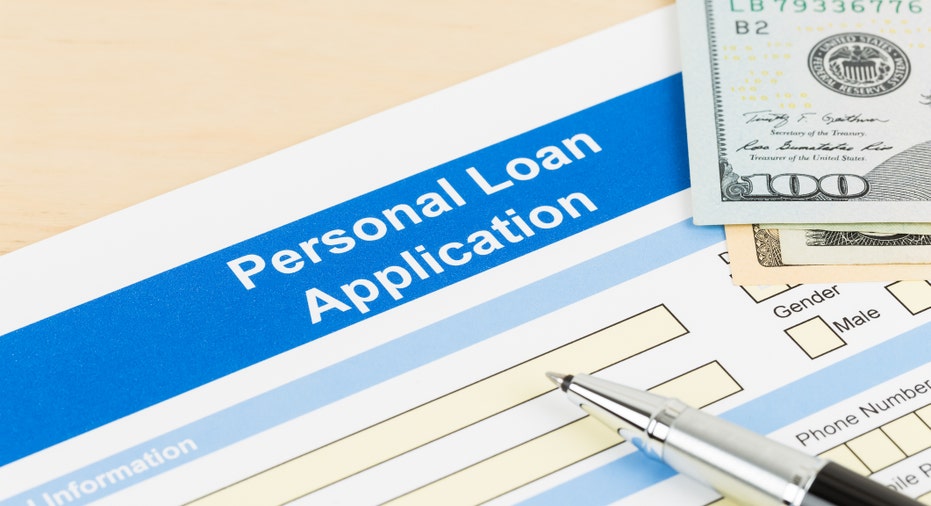Personal loans affect your credit — how to maintain a good score

What you need to know about your credit score before and after you apply for a personal loan.
Thinking of getting a personal loan? The most common reasons borrowers apply is to consolidate debt, make improvements to their home, or pay for unexpected expenses and large purchases, according to U.S. News & World Report.
Available from a bank, credit union or online lender, personal loans can be helpful tools. Just like any form of financing, however, they can impact your financial future. Here’s what you need to know.
How personal loans affect your credit score
Anytime you apply for a loan, a lender will check your credit score to measure their risk. Assigned by reporting agencies such as Equifax, Experian and TransUnion, a credit score is based on your outstanding balances, repayment record and account length. A credit score range falls between 300 and 850, with a higher score being better.
To measure your credit history, a lender can pull a soft or hard inquiry. A soft inquiry is only visible to you and won’t impact your credit score, but a hard inquiry is visible to creditors and stays on your report for two years. Hard inquiries indicate the number of new credit applications you’ve made; they account for around 10 percent of your credit score. If you’re simply checking rates, be sure to choosing lenders that offer soft inquiries, as not all banks and credit unions do.
HOW TO FIND THE BEST PERSONAL LOAN FOR YOUR NEEDS
The other way a new personal loan impacts your credit score is through the average age of your credit. Credit history makes up approximately 15 percent of your score. Having older accounts can improve your score, but adding a new loan will reduce your average age.
Applying for a personal loan can impact your credit, so it can help to be confident that you’ll be approved. Checking your own credit is considered a soft inquiry that won’t impact your score.
How to improve your credit score fast
If your credit score is on the decline, it might be due to late payments. One of the simple ways you can improve your score is to pay your bills on time early. Payment history is the most important factor in your credit history, making up 35 percent of your score. If you’re just a few days late on your payment, it probably won’t affect your score, but payments that go 30 days late or more will likely be reported to the credit bureaus and can lower your score. In fact, negative items such as delinquent payments stay on your report for up to seven years.
DOCUMENTS REQUIRED TO APPLY FOR A PERSONAL LOAN
In addition to establishing a history of on-time payments, personal loans can diversify your credit mix, which can account for 10 percent of your score. A personal loan is an installment loan, paid back in regular monthly installments. Credit cards, on the other hand, are revolving credit. While your credit mix usually isn’t a big determining factor in credit worthiness, it can be helpful if your credit history is relatively new.
The bottom line
When used appropriately, personal loans can become tools that help you improve your credit score. However, it’s important to know your financial situation before you apply so you don’t inadvertently cause damage. The better your score, the better your options.



















